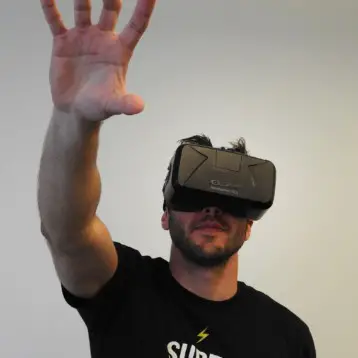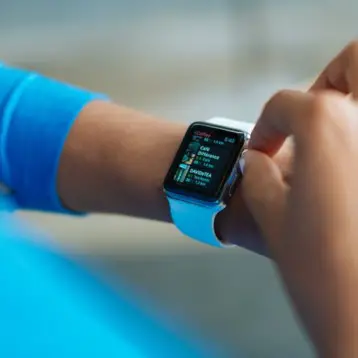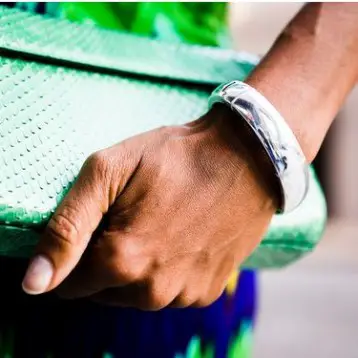|
The use of RFID tags is not new. Tags are currently used by businesses in order to track their products in the supply chain, transit agencies use radio tags in bus and train passes, and even the new U.S. passports incorporate RFID tags. “What if RFID readers were everywhere, and everything had RFID tags? What are the pluses and minuses? What do you do with all that data?” asks Gaetano Borriello, Professor of Computer Science and Engineering at the University of Washington (UW). “In computer science, we try to create a future world that doesn’t exist yet. We’d like to get some experience rather than just conjecture about this.”
RFID tags are miniature computer chips that contain information, each costing only 20 cents to produce. Additional, information can be written onto a RFID tag, letting the signal indicate the chip’s history or current status. The chips can be scanned by a specialized reader from a distance of up to 30 feet, as long as there is no metal barrier to interrupt.
In this UW experiment, the information gathered via the wearable electronic tags will be saved to a database and published to Web pages. The volunteers can delete data as they see fit, and are also able to decide who can see their personal data. They will be interviewed periodically regarding the whole experience – how useful do they find it and whether or not, as well as to what extent, do they feel any privacy loss. “Even if you wanted to study just privacy, or just utility, you’d have to study the other as well,” said Evan Welbourne, a computer science and engineering doctoral student in UW.
|
Two additional features are being tested in this project; the first is a tool that records the volunteer’s movements in Google Calendar in order to allow each person to publish his/hers current activities on a Web calendar and also browse through previous days to be reminded of that day’s schedule. The second feature is the RFIDder – a friend finder that sends e-mails or text messages to approved people indicating the whereabouts of their monitored friends. Each volunteer can change the settings of the RFIDder or turn them off if they do not wish to be found. In addition, the system links to an online blog/network named Twitter.
“Our goal is to ask what benefits can we get out of this technology and how can we protect people’s privacy at the same time,” said project leader Magda Balazinska, a UW Assistant Professor of Computer Science and Engineering. “We want to get a handle on the issues that would crop up if these systems become a reality.”
TFOT recently covered a small GPS based location system for pets that is also equipped with a GPS fence function in order to notify the owner whenever the pet strays outside a predefined area. TFOT also reported on the world’s smallest and thinnest Radio Frequency Identification (RFID) chip developed by the Japanese giant Hitachi. Another RFID related technology covered by TFOT is HP’s Memory Spot Chip, which is somewhat similar to RFID technology (although there are also some important differences).
More information about the RFID Ecosystem project can be found on the University of Washington’s website.












